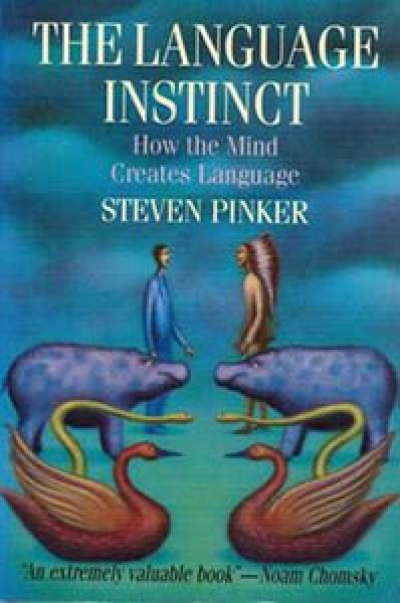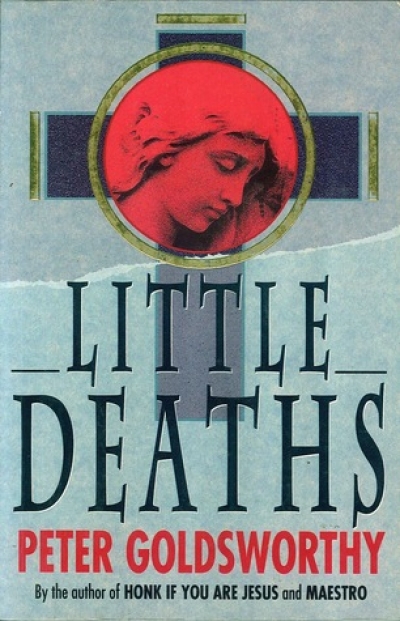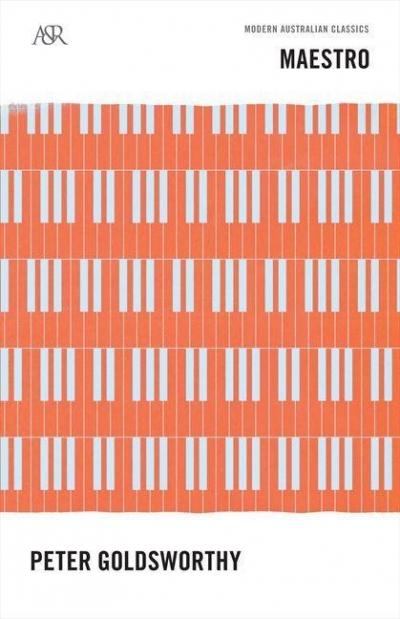Peter Goldsworthy
Sign up to From the Archive and receive a new review to your inbox every Monday. Always free to read.
Recent:
‘It’s the essence of Bollockshire / you’re after: its secrets, blessings and bounties.’ So Christopher Reid reads from his hilarious poem at the King’s Lynn Poetry Festival.
park and pay ...
assuming this isn’t the week
of the Billycock Fair, or Boiled Egg Day,
when they elect the Town Fool.
From here, it’s a short step
to the Bailiwick Hall Museum and Arts Centre.
As you enter, ignore the display
of tankards and manacles, the pickled head
of England’s Wisest Woman;
ask, instead, for the Bloke Stone.
Surprisingly small, round and featureless,
pumice-gray,
there it sits, dimly lit,
behind toughened glass, in a room of its own.
... (read more)The composer Richard Mills and the poet and novelist Peter Goldsworthy have renewed their collaboration to produce an opera based on the Wreck of the Batavia (Previously, the pair adapted Ray Lawler’s Summer of the Seventeenth Doll for the opera stage.) The new work will be premiered at the Melbourne State Theatre on May 11, in an Opera Australia production. It depicts the notorious events that followed the famous shipwreck off the coast of Western Australia in 1629.
... (read more)The Language Instinct: How the mind creates language by Steven Pinker
I am enmeshed in criticism. Criticism defines and speaks me. I criticise, therefore I have a job. But criticism is a tricky business. It’s partial, changes from one time/place/person to another (as Jennifer Gribble acknowledges).
I’m not an expert on Janet Frame or Christina Stead (although I’ve included books by each on courses in the past) and my awareness of Peter Goldsworthy’s oeuvre is better but patchy. Like most university lecturers (I suppose), I read more reviews than actual books, although my preference is for the reverse. But with the vision of ABR’s editor as the bejewelled ringmistress conjured up in Gina Mercer’s book, I don my cap and bells, cry ‘Nuncle!’, and off I go into the hurricane.
... (read more)Catherine Kenneally: The first thing that strikes me is that there are now two books in a row with Christian symbols on the cover.
Peter Goldsworthy: Yes, well I didn’t have much say in the cover of that one. They showed it to me. Interestingly there was the novel, Honk if You Are Jesus and then a novella called Jesus Wants Me For a Sunbeam – probably more interesting to me because that’s my own work. I’m not sure what that means. Maybe that’s the mythical 1960s generation getting into middle age and starting to worry about death and the afterlife and all that stuff.
I’ve always been fascinated by those almost banal adolescent questions, why is there something rather than nothing. I’ve never fully outgrown them, and maybe you shouldn’t outgrow them. It is the basic question, why are we here?, and all those whys that continue to fascinate me.
... (read more)Would it surprise you to know that a number of our well-known writers write to please themselves? Probably not. If there’s no pleasure, or challenge, or stimulus, the outcome would probably not be worth the effort. If this effort is writing, it seems especially unlikely that someone would engage in the activity without enjoying the chance to be their own audience.
... (read more)







